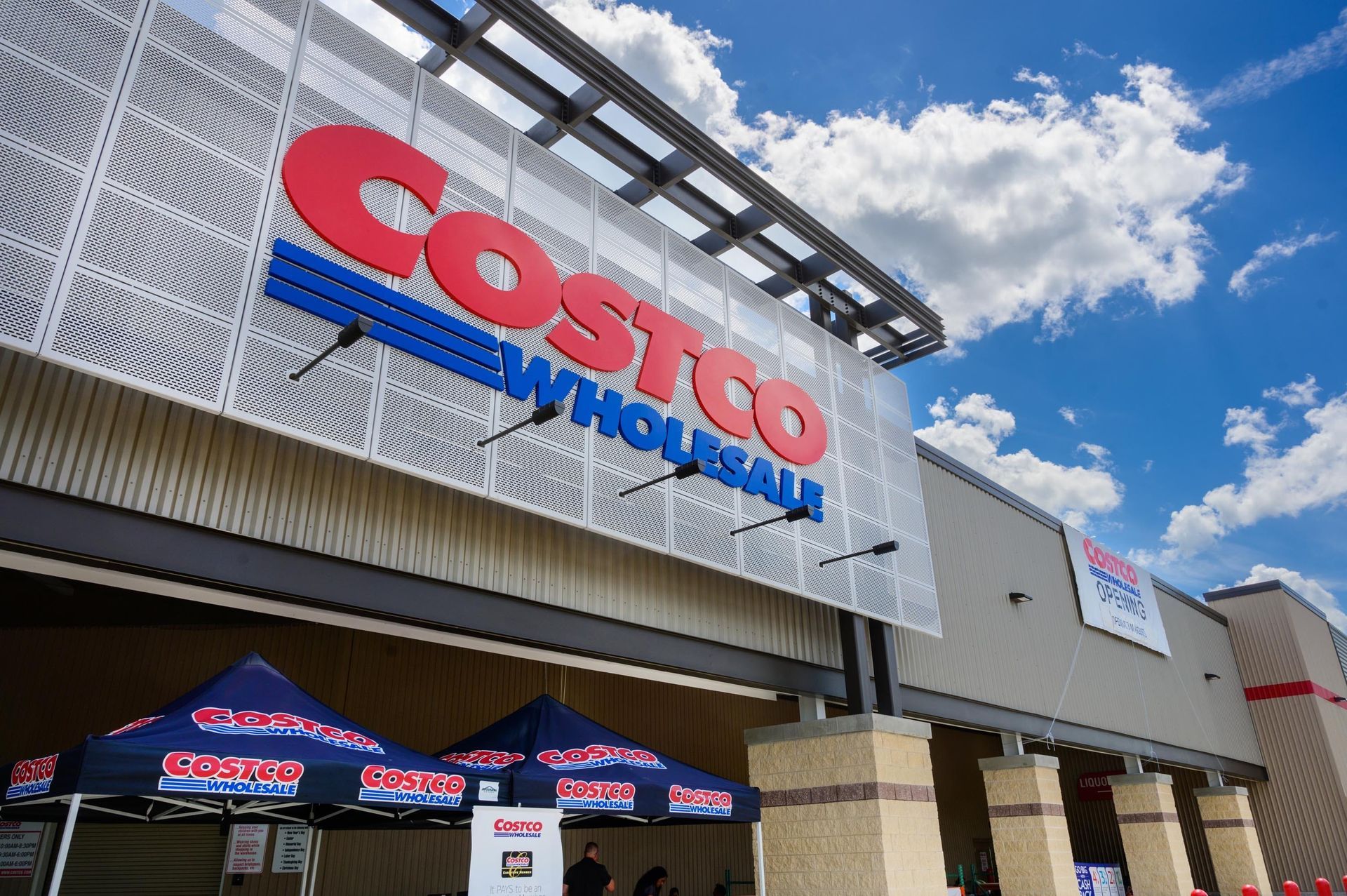Pros and Cons of a Cashless Society
Have you recently gone to tip your valet attendant and discovered that you have no cash in your wallet? Possibly worse, you discovered that you only have a $20 bill and must decide – benefactor or Scrooge? Been caught penniless over the holidays as you walk past those iconic red Salvation Army kettles? Forced to write a check for your $7 Girl Scout Cookie order? For me, the answer is yes to all the above and that’s just in the past month! In a New York Times graphic on the share of adults who made or received a noncash payment in 2014, the latest year available for data, the United States came in at 92 percent, with Canada and Britain at 97 percent and Sweden at 99 percent. In Mexico, however, that share was 35 percent, while it was just 22 percent in India.
What are the consequences – both intended and unintended – of a cashless society? Much like we don’t know the long-term consequences of several medicines or our increased obsession with smartphones and electronic devices, the long-term outcome of a cashless society is uncertain.
First, there are obvious consumer benefits:
- Zelle, PayPal, Venmo and others make the transfer of cash from one bank account to another seamless. This is mission critical when it comes to paying the babysitter at the end of the night or settling your fantasy football payouts.
- Linked credit cards and debit cards make for the time efficient order and payment of practically everything – Amazon, Uber, Netflix or any recurring subscription.
- Non-linked credit and debit cards can pay for the remainder. Is anyone else slightly furious when they have to retrieve their wallet to type in a credit or debit card number when placing an order online? It’s laughable if you think about it, but that‘s how economic moats are built. Enabling convenience is a tremendous business plan.
- Mobile wallets, like Apple Pay, provide secure, cash-free payments and are rapidly gaining market share in developing countries that lack physical infrastructure or strong banking systems.
In addition, there are obvious societal benefits:
- Printing money and coins is expensive. Storing and guarding money is expensive. Both would become relics of the past in a cashless society.
- Crime: With an electronic record for every transaction, there is always a trail, making money laundering and other financial crimes more difficult. Digital currency can also shine a light on the black market. How do you pay for drugs and other illegal products and services if there is a permanent digital receipt?
- The difficulty of international money exchange would be eliminated, as it all would happen on the back-end.
- There’s also time to be saved by eliminating the hassle of physical money. Think of a future where you don’t have to stand in a line to check out at the store!
But there are negative consequences, too:
- Electronic payment models would disenfranchise the poor, who are less likely to have access to mobile phones, computers and the Internet.
- In an era of unprecedented government access to personal life, going totally digital with finances could allow even more government monitoring.
The biggest concern for most Americans utilizing cashless systems is protecting their privacy and identity through multiple layers of security.
Even as technology improves, cash use in the United States is still prevalent. Right now, there’s $1.7 trillion in U.S. currency in circulation. The Federal Reserve Board estimates the demand for paper currency and will likely continue printing paper money as long as demand exists.
Whether a total pivot away from cash is possible is largely up to the innovators who continue rolling out new ways to avoid pockets filled with change.
Though we aren’t likely to stop paying the babysitter, tipping the valet and buying Girl Scout cookies anytime soon, in the future, we are likely to do so without cash.
John Lueken is the executive vice president and chief investment strategist at CapWealth. This article was published in The Tennessean on Feb. 11, 2019.
The information presented in any video or blog is the opinion of CapWealth Advisors, LLC and does not reflect the view of any other person or entity. The information provided is believed to be from reliable sources, but no liability is accepted for any inaccuracies. This is for information purposes and should not be construed as an investment recommendation. Past performance is no guarantee of future performance. CapWealth Advisors, LLC is an investment adviser registered with the U.S. Securities and Exchange Commission.
The product, services, information and/or materials contained within these web pages may not be available for residents of certain jurisdictions. Please consult the sales restrictions relating to the products or services in question for further information. For other CapWealth Advisors’ disclosures, click here.
All Content. CapWealth Advisors, LLC














